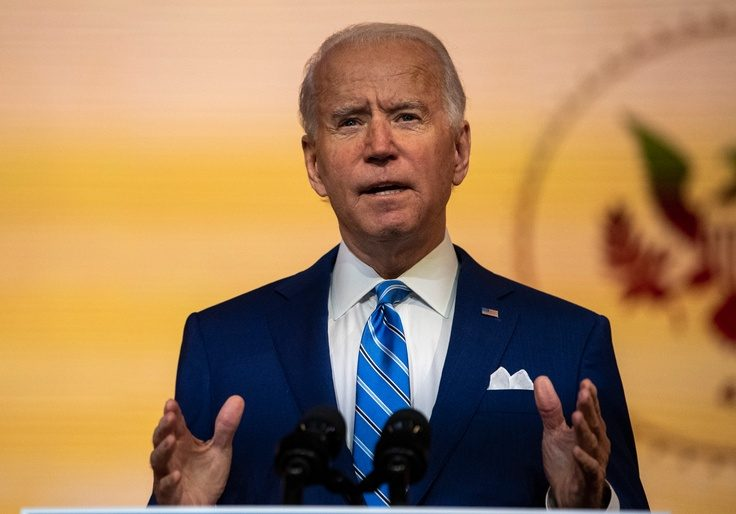
President-elect Joe Biden’s pledge to reengage with the United Nations and other international organizations could weaken America’s position against China, according to foreign policy experts.
On the campaign trail, Biden criticized the Trump administration’s withdrawal writ large from multilateral institutions, saying that he will rejoin several organizations that the White House declared as hostile to American interests, such as the U.N. Human Rights Council, U.N. Population Fund, and the World Health Organization. Some critics said returning to the table will end institutional hostility to U.S. interests. American Foreign Policy Council research fellow Michael Sobolik, however, spoke to the dangers of rejoining organizations like the U.N. Population Fund in a conversation with the Washington Free Beacon.
“Funding the U.N. Population Fund carries significant risk for the United States, namely, being complicit in China’s coercive population control measures in Xinjiang,” Sobolik said. “Cursory research reveals official links between China’s National Health Commission and Xinjiang’s health commission, the local government agency responsible for funding the sterilization and abortion of Uighur women and babies. This connection, while unsurprising, should deeply concern U.S. policymakers, given [the] U.N. Population Fund’s work with Chinese family planning agencies.”
China has used international organizations to promote its domestic interests, including the U.N. Population Fund. Beijing leverages the organization to cooperate with Chinese population control measures in places like Xinjiang, where millions of Uighurs are currently detained. China also manipulates international agencies through its economic and political power as a bully pulpit toward developing countries, according to Stewart M. Patrick of the Council on Foreign Relations.
“Xi Jinping has pledged lots of money for peace and security and also development in Africa, and so obviously the Belt and Road Initiative holds some sway,” Patrick said at a Thursday panel hosted by the American Enterprise Institute.
AEI senior fellow Danielle Pletka noted that the traditional use of multilateral institutions and agreements—often on display during the Obama administration—would not be effective in standing up to Beijing. Pletka pointed to Biden’s promises to strengthen America’s U.N. presence and to re-sign the Paris climate accords.
“Joining something isn’t a win,” Pletka said. “Of course, adherence, effectiveness, and doing something related to that actual signature is often left far behind. … This is a farcical approach to international organizations that has governed us for way too long.”
Biden has already made rejoining the U.N. and similar organizations a top agenda item for his administration. The first round of his cabinet picks includes John Kerry as special presidential envoy for climate and Linda Thomas-Greenfield as ambassador to the U.N., signaling to some the importance of those positions to Biden given how early they were announced.
“I’m returning to government to get America back on track to address the biggest challenge of this generation and those that will follow,” Kerry tweeted in November. “The climate crisis demands nothing less than all hands on deck.”
 Eurasia Press & News
Eurasia Press & News



